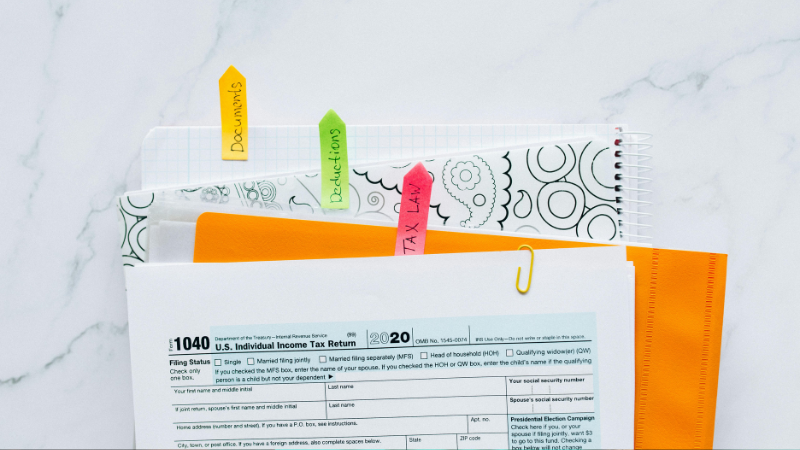Buying your first home is an exciting milestone, but it also requires careful financial planning. When budgeting for your first home purchase, there are several key costs you need to factor in beyond just the purchase price. Failing to properly budget for these expenses can leave you short when it comes time to complete the transaction.
Here are 5 essential costs first time home buyers in the UK must remember to budget for:
Deposit
Traditionally, you need at least a 5-10% deposit to secure a mortgage in the UK. This means on a £200,000 home, you’ll need to save £10,000-£20,000 for your deposit minimum. A bigger deposit gives you better mortgage rates too. Be sure to factor deposit savings into your budget well in advance of buying.
Surveys
Home surveys help identify any issues or needed repairs. A survey costs £500-£1,000 on average. Factor this in upfront, as your mortgage lender may require a survey. Even if not mandated, a survey carried out by a house surveyor in Norwich is wise to determine the true condition of a prospective home. For most buyers, a home buyers survey, or a RICS Home Survey Level 2, is the right one to choose, but an RICS Level 3 survey, also known as a Building Survey, might be required if the property is very large, unique, listed, or in poor repair.
Conveyancing Fees
You’ll need a licenced conveyancer or solicitor to handle all legal aspects of your purchase. This includes doing title searches, drafting contracts, and facilitating completion. Budget £1,000-£1,500 for conveyancer fees.
Mortgage Fees
Beyond just monthly mortgage payments, first time buyers face various one-time mortgage fees. This includes arrangement fees (up to £2,000), valuation fees, and application fees. Shop around among mortgage lenders to get full fee estimates.
Moving Costs
The costs don’t stop once you secure a home! Budget for substantial moving costs too. Hiring a moving company can cost £500-£800. If you will be moving yourself, factor in rental fees for a moving van or lorry. Also, budget for new furniture and appliances if needed. And don’t forget small costs like changing utilities, re-routing mail, changing your address, and more.
Other Considerations
Additionally, first time buyers should research and understand the various government schemes and incentives available, such as Help to Buy or Shared Ownership. Taking advantage of these programmes, where eligible, can help significantly with affordability.
Getting pre-approved for a mortgage early in the home-buying process is also wise, so you know your realistic price range well before you start bidding or making offers. Being approved ahead of time makes for a smoother, quicker transaction.
Lastly, don’t forget to budget for home insurance, which must be in place as soon as you take ownership. Shop around for the best rates.
Buying a first home is a big step. Make sure you do thorough research and budgeting to avoid financial surprises. Build up your savings well in advance and overestimate costs rather than underestimate them. With prudent planning, you can make your first home purchase smoothly and start building equity and wealth. Consult with a mortgage broker or financial advisor to walk through all costs in detail tailored to your specific home-buying situation.





This blog excellently outlines essential budgeting tips for first-time homebuyers, emphasizing crucial costs like inspections, closing fees, and homeowners insurance. It’s insightful how they stress the role of a mortgage broker in guiding first home buyers through the process, ensuring informed financial decisions. Such practical advice makes navigating the complexities of purchasing a home more manageable and less daunting.